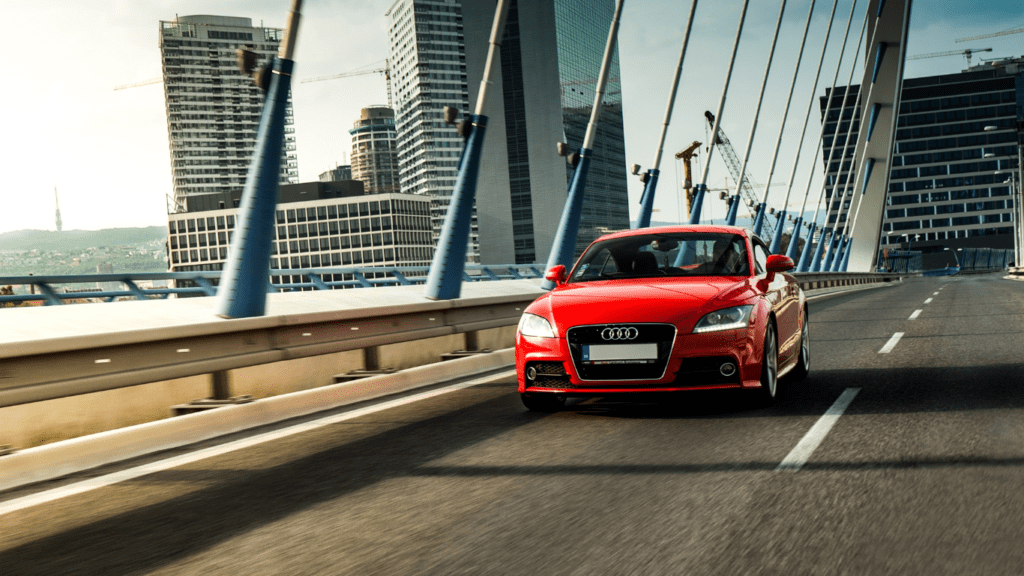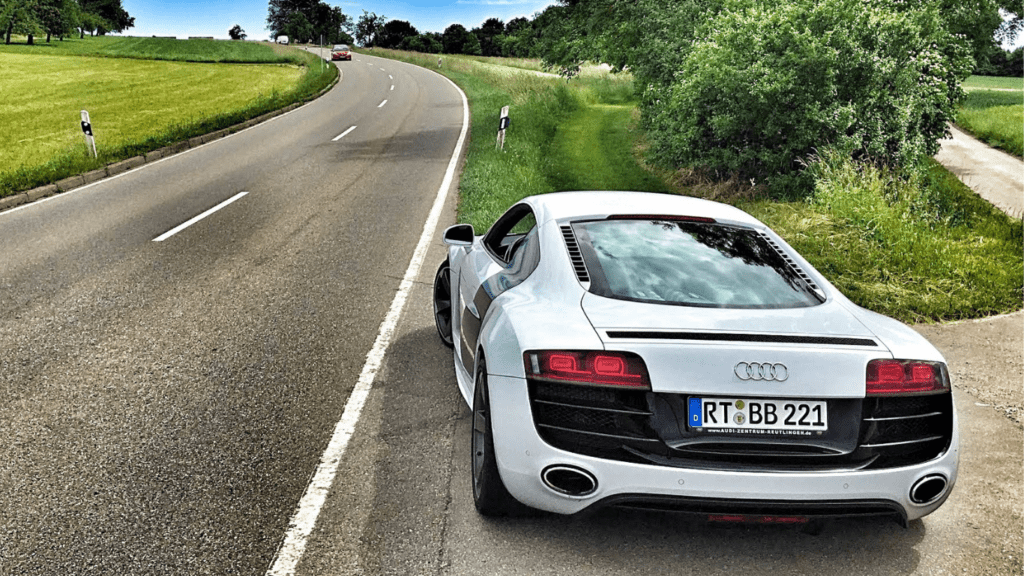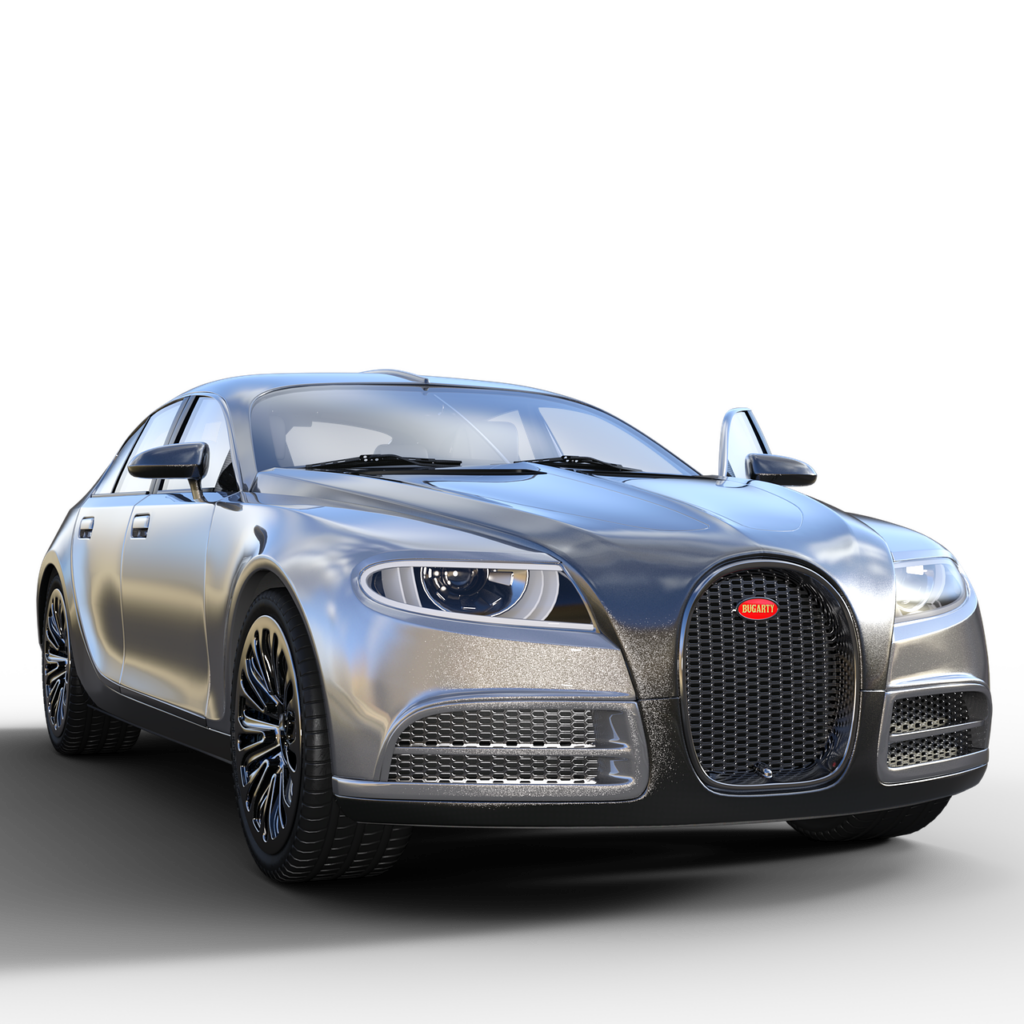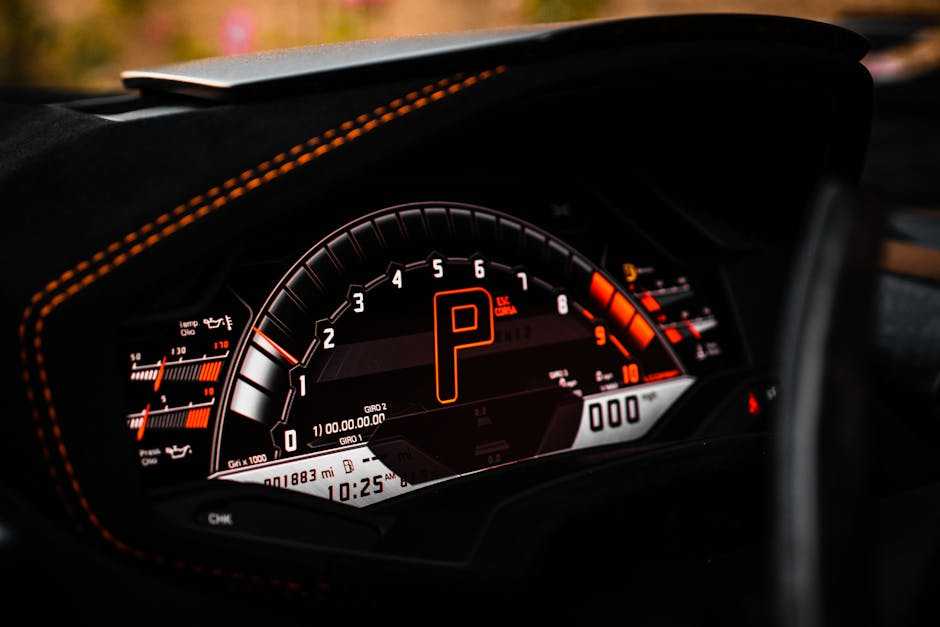The Rise of Electric Luxury Cars
Luxury car brands are increasingly adopting electric powertrains. Tesla set the pace with its Model S and Model X, showcasing exceptional performance and zero emissions. As a result, traditional luxury brands began to follow suit.
Porsche introduced the Taycan, combining high performance with typical Porsche craftsmanship. Taycan offers instant acceleration, managing to thrill sports car enthusiasts while being eco-friendly. Various models of Mercedes-Benz EQ series exemplify the seamless integration of luxury and electric power. These vehicles feature state-of-the-art technology and elegant design.
In 2021, electric luxury car sales surged by 30%, reflecting growing consumer interest. Buyers appreciate the environmental benefits and the advanced technology these vehicles embody. Luxury brands invest heavily in research and development to enhance battery efficiency and range, aiming for a seamless driving experience.
BMW joins the race with its i8 and iX3 models. Audi’s e-tron series also stands out with its Quattro all-wheel drive system. Both brands demonstrate that electric vehicles don’t compromise on performance or luxury. Brands continue to innovate, focusing on sustainability and superior driving dynamics.
Key Innovations in Electric Power
Luxury car brands have embraced electric power, leading to groundbreaking advancements. These innovations focus on battery technology and performance capabilities.
Battery Technology Advancements
Battery technology has revolutionized electric luxury cars. Brands like:
- Tesla
- Porsche
- Mercedes-Benz
have prioritized battery efficiency and energy density. Tesla’s Model S uses 100 kWh lithium-ion batteries, enabling a range of up to 396 miles. Porsche’s Taycan integrates an 800-volt architecture, reducing charging times and enhancing performance. Mercedes-Benz’s EQ series employs advanced battery management systems, prolonging battery life and improving safety.
Superior Performance Capabilities
Electric luxury cars deliver exceptional performance. Instant torque provides rapid acceleration, with Tesla’s Model S Plaid achieving 0-60 mph in 1.99 seconds. Porsche’s Taycan features a two-speed transmission, optimizing speed and efficiency. Audi’s e-tron GT employs adaptive air suspension, ensuring a smooth ride. These innovations demonstrate that electric cars can exceed traditional performance metrics while maintaining luxury.
Leading Luxury Car Brands Embracing Electric Power

Luxury car brands have swiftly adopted electric power technologies to redefine the concept of premium driving experiences. Here are some leading names making significant strides.
Tesla
Tesla remains the pioneer in the electric luxury market. The Model S and Model X have redefined electric performance with their extended range and superior speed metrics. The Model S Plaid, achieving 0-60 mph in 1.99 seconds, exemplifies Tesla’s commitment to performance. Additionally, Tesla’s cutting-edge Autopilot and Full Self-Driving capabilities set new benchmarks in vehicle automation and user experience.
Mercedes-Benz
Mercedes-Benz integrates electric power with sophistication through its EQ series. The EQS, their flagship electric sedan, combines opulent interiors with remarkable electric efficiency. Its 350-mile range on a single charge demonstrates Mercedes-Benz’s advancement in battery technology. Furthermore, the EQB and EQC models extend these luxurious, eco-friendly options to SUVs, meeting diverse consumer preferences.
BMW
BMW’s i series showcases their foray into electric luxury. The BMW iX and i4 models deliver high performance and advanced connectivity. The iX, with a range of up to 324 miles, leverages BMW’s legacy of driving dynamics and innovation in electric form. Their use of sustainable materials in interior design highlights an eco-conscious approach without compromising luxury.
Audi
Audi’s commitment to electric luxury is evident in the e-tron lineup. The e-tron GT and Q4 e-tron exemplify Audi’s blend of performance and elegance. The e-tron GT features adaptive air suspension for a smooth ride, and a range of up to 238 miles. Audi’s virtual cockpit and extensive infotainment options further enhance the driver’s experience.
By embracing electric power, these luxury car brands are not just following a trend; they’re setting new standards for performance, sustainability, and innovation in the automotive industry.
The Impact on Market Dynamics
Electric power is reshaping the luxury automotive market, influencing consumer behavior and competitive strategies among top brands.
Changing Consumer Preferences
Consumers are increasingly valuing sustainability and innovation in their luxury car purchases. Electric vehicles (EVs) cater to eco-conscious buyers who seek high performance without the environmental impact. In 2021, luxury EV sales surged by 30%, driven by preferences for zero emissions and advanced technology. Features like instant torque and quiet rides enhance the appeal, making electric luxury cars a favorite.
Competitive Landscape
The competitive landscape among luxury car brands has intensified with the rise of electric power. Tesla set the benchmark with its Model S and Model X, prompting traditional brands to innovate. Porsche’s Taycan and Mercedes-Benz’s EQ series exemplify this shift. These brands focus on battery efficiency, driving dynamics, and advanced infotainment systems, pushing the boundaries of what luxury electric cars can offer. To stay competitive, brands like BMW and Audi are integrating cutting-edge technology and sustainable materials in their newest models.
Challenges and Opportunities
Electric power offers numerous advantages for luxury car brands, but it also presents several challenges and opportunities. Balancing these is crucial for sustained success.
Infrastructure Development
The availability of charging stations influences the adoption of electric luxury cars. Urban areas usually have better charging infrastructure, but rural and suburban regions often lack sufficient facilities. Companies like Tesla have invested in expanding their Supercharger network, helping alleviate range anxiety. However, collaboration between car manufacturers and governments is essential to ensure widespread charging station availability. To illustrate, Porsche and Audi have joined initiatives to install ultra-fast chargers across Europe, aiming for standardization and accessibility. Continued investment and innovation in charging technology, like wireless charging pads, can further enhance driver convenience.
Sustainability and Environmental Impact
- Luxury car brands adopting electric power significantly reduce their carbon footprint and align with environmental goals.
- Using sustainable materials and renewable energy sources in manufacturing is another critical factor.
- BMW’s iX model incorporates recycled materials and green energy in production. The competition among brands to demonstrate eco-friendliness is driving continuous improvement.
- Tesla’s Gigafactories run partly on solar power, while Mercedes-Benz aims to achieve carbon neutrality by 2039.
- Ensuring batteries are ethically sourced and recyclable adds another layer of complexity, but also positions brands as leaders in environmental responsibility.
By addressing these challenges and leveraging these opportunities, luxury car brands can continue setting new standards in the automotive world.
Future Outlook for Electric Luxury Cars
The luxury car market is on the brink of an electric revolution. Electric vehicle (EV) adoption among high-end brands is accelerating. In 2022 alone, electric luxury car sales increased by 35%, indicating robust consumer demand. As electric power becomes more mainstream, I anticipate several trends shaping the future of electric luxury cars.
Breakthroughs in Battery Technology
Battery innovation is crucial for luxury electric vehicles. Companies are investing heavily in next-generation batteries. Solid-state batteries promise higher energy densities and faster charging times. The push towards solid-state technology reflects the industry’s commitment to overcoming current limitations. For instance, Tesla’s rumored 4680 battery cells could potentially offer twice the energy capacity of existing lithium-ion batteries.
Enhanced Autonomous Driving Capabilities
Autonomous driving is set to redefine luxury. Brands are working on improving self-driving algorithms. Tesla’s Full Self-Driving (FSD) software and Mercedes-Benz’s Drive Pilot system lead the way. With advancements in AI and sensor technology, I foresee a future where automated driving provides unparalleled convenience and safety for luxury car owners.
Sustainable Manufacturing Practices
Environmental concerns drive the shift towards sustainable manufacturing. Luxury car brands are adopting eco-friendly practices. BMW’s use of recycled materials in its i series and Audi’s commitment to carbon-neutral production exemplify this trend. Sustainable manufacturing not only reduces carbon footprints but also appeals to eco-conscious consumers.
Expansion of Charging Infrastructure
Charging infrastructure development is pivotal for EV adoption. To support this growth, companies are expanding public charging stations. Tesla’s Supercharger network and partnerships between manufacturers and local governments are key to widespread infrastructure availability. With improved charging options, range anxiety issues diminish, encouraging more consumers to consider electric luxury cars.
Integration of Cutting-Edge Technology
Technological integration is transforming the luxury car experience. Brands are incorporating advanced infotainment systems, over-the-air software updates, and personalized user interfaces. For example, Mercedes-Benz’s MBUX Hyperscreen offers a seamless, intuitive interface, enhancing the overall driving experience.
Global Market Expansion
The global market for electric luxury vehicles is expanding rapidly. High demand in Europe and Asia is leading to increased production. Companies are targeting emerging markets with tailored offerings to meet diverse consumer needs. As more regions embrace electric mobility, luxury brands can expect significant growth opportunities.
Collaboration with Technology Companies
Collaborations between automotive and tech companies are accelerating innovation. Partnerships with firms like NVIDIA and Waymo are helping brands develop smarter, more efficient vehicles. These collaborations bring cutting-edge technology to luxury cars, setting them apart in the competitive market.
The future of electric luxury cars looks promising. With advancements in battery technology, autonomous driving, sustainable practices, and infrastructure, luxury brands are well-positioned to lead the automotive industry into a new era of performance, sustainability, and innovation.



 Founder & CEO
Founder & CEO
